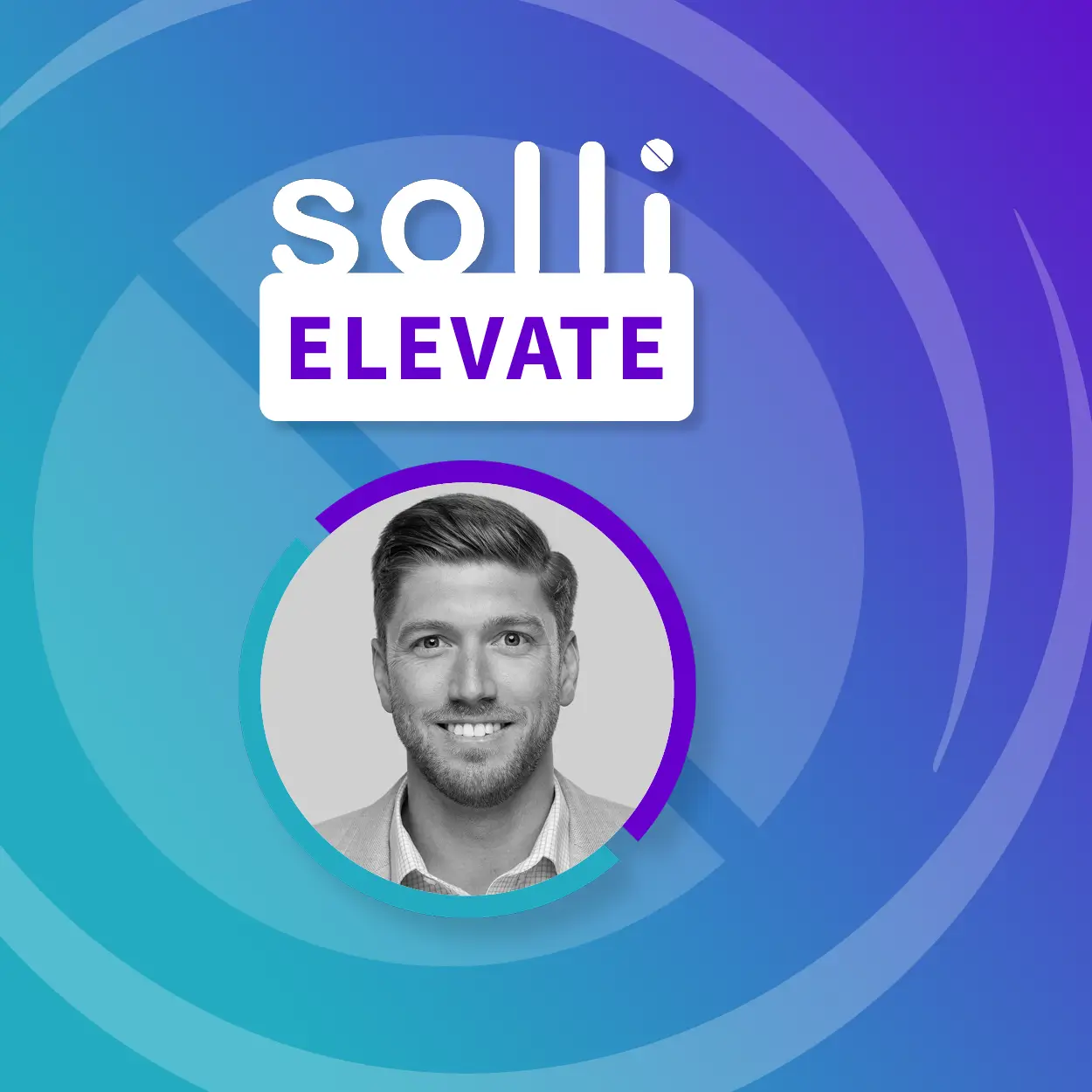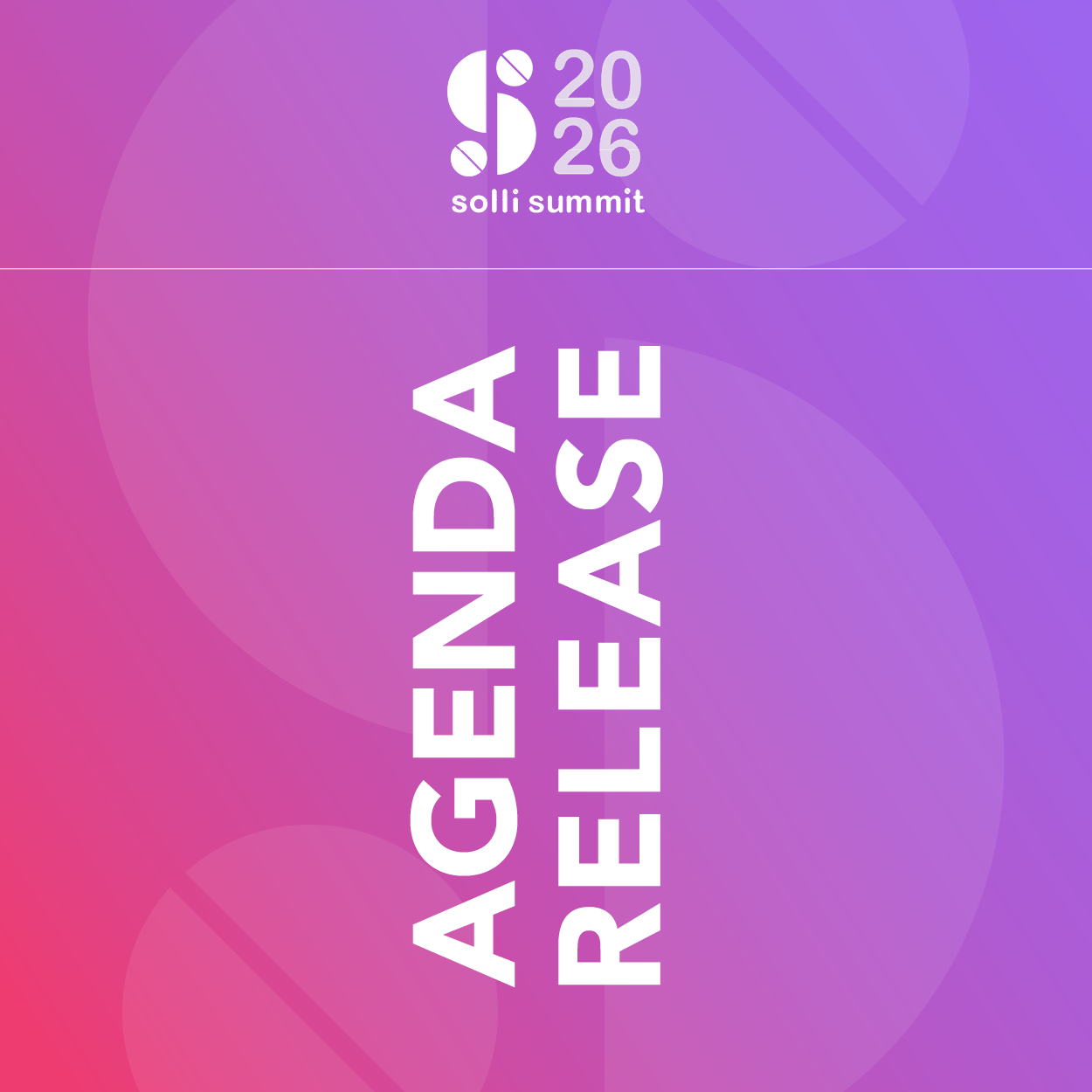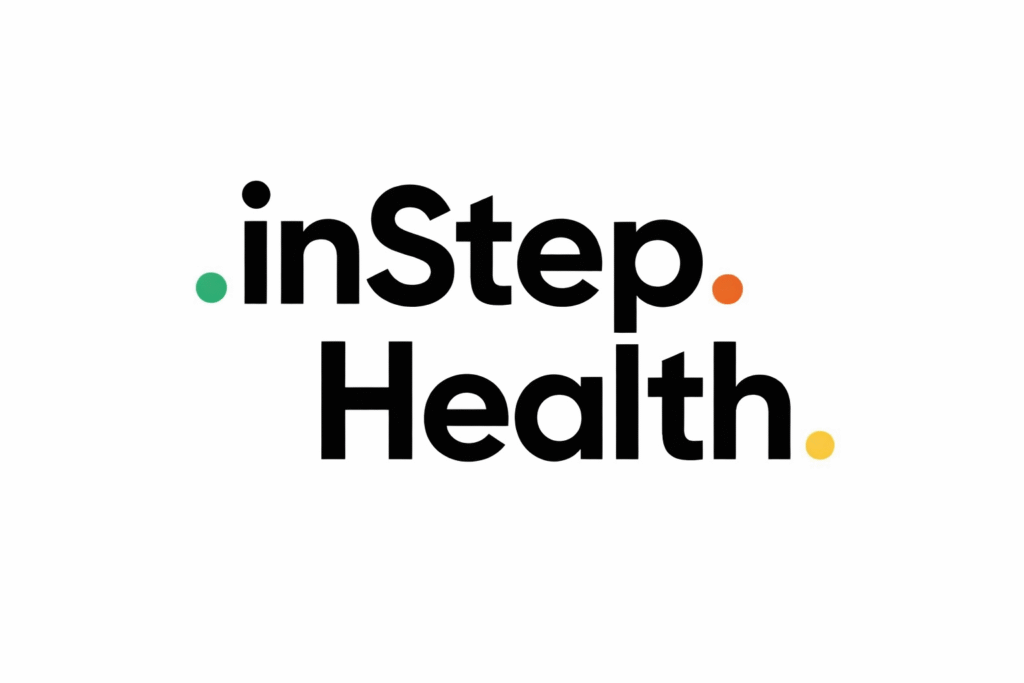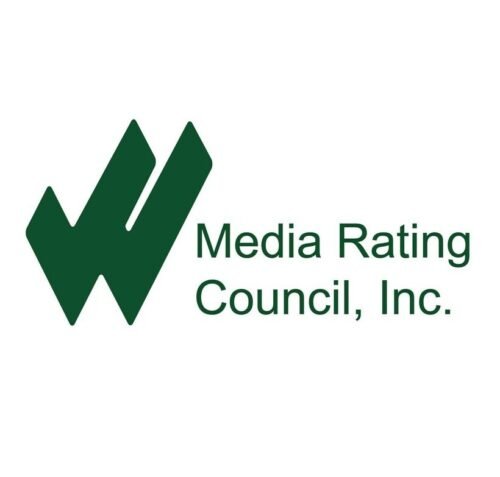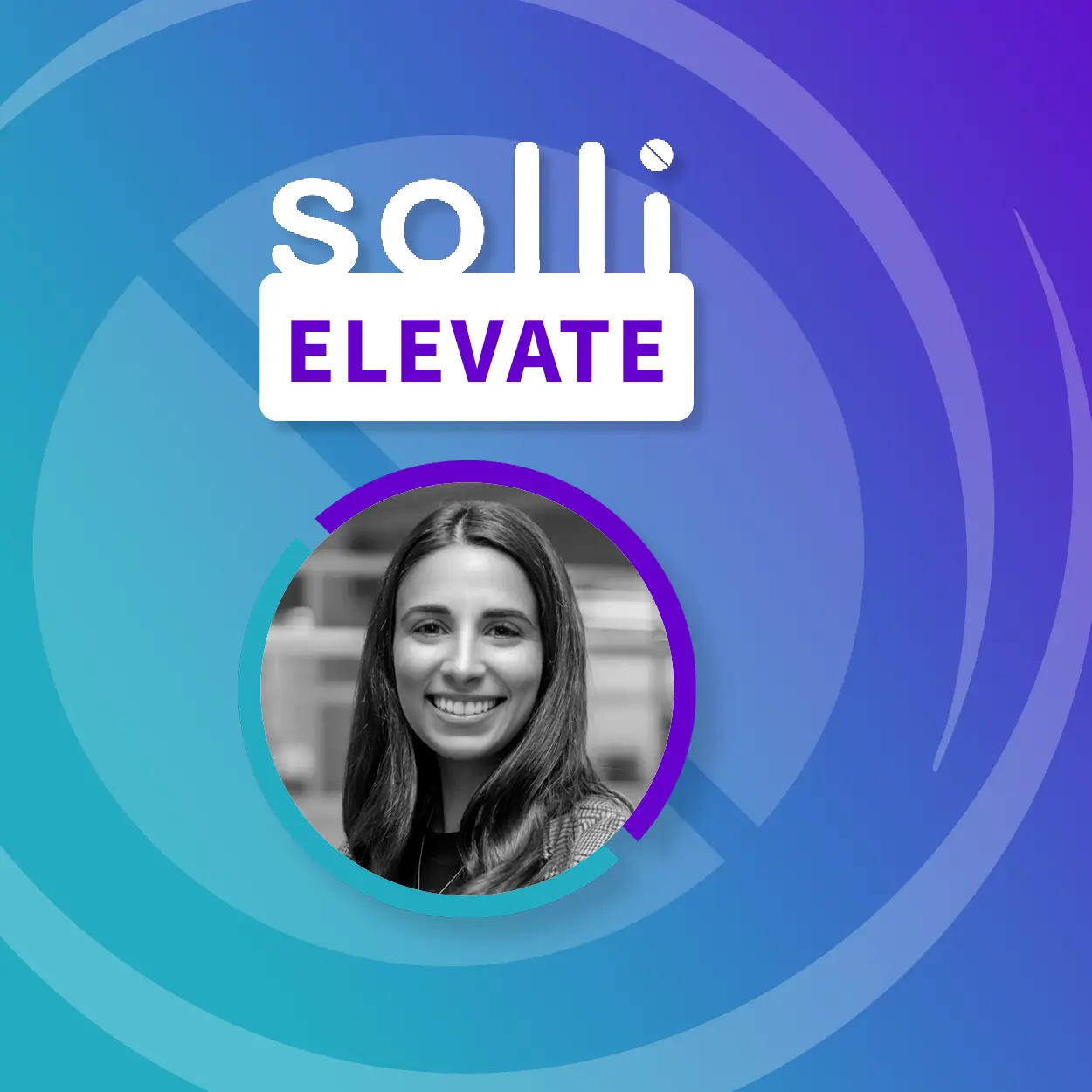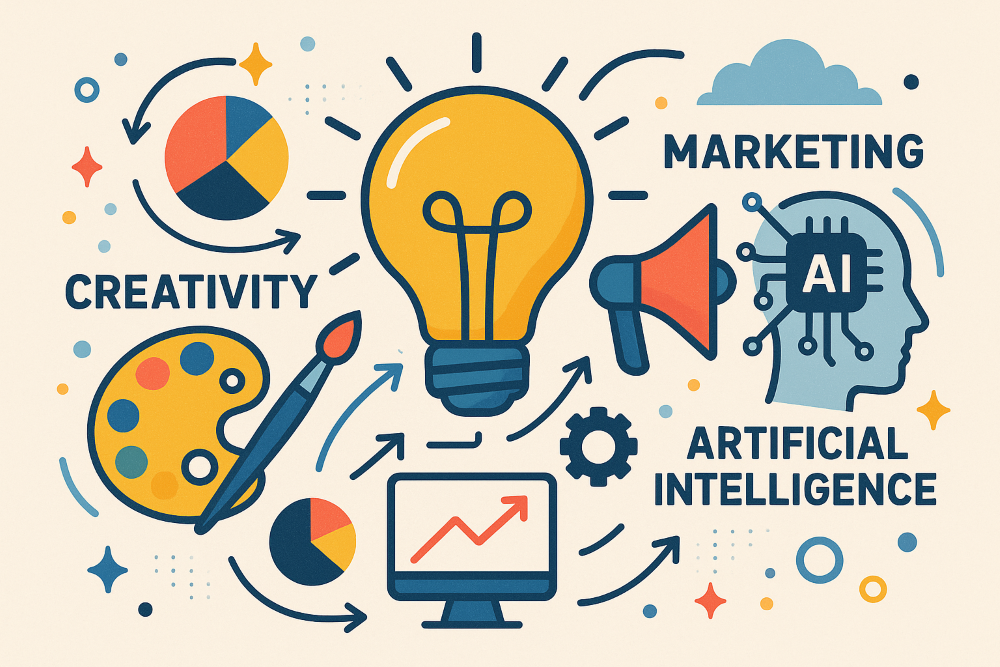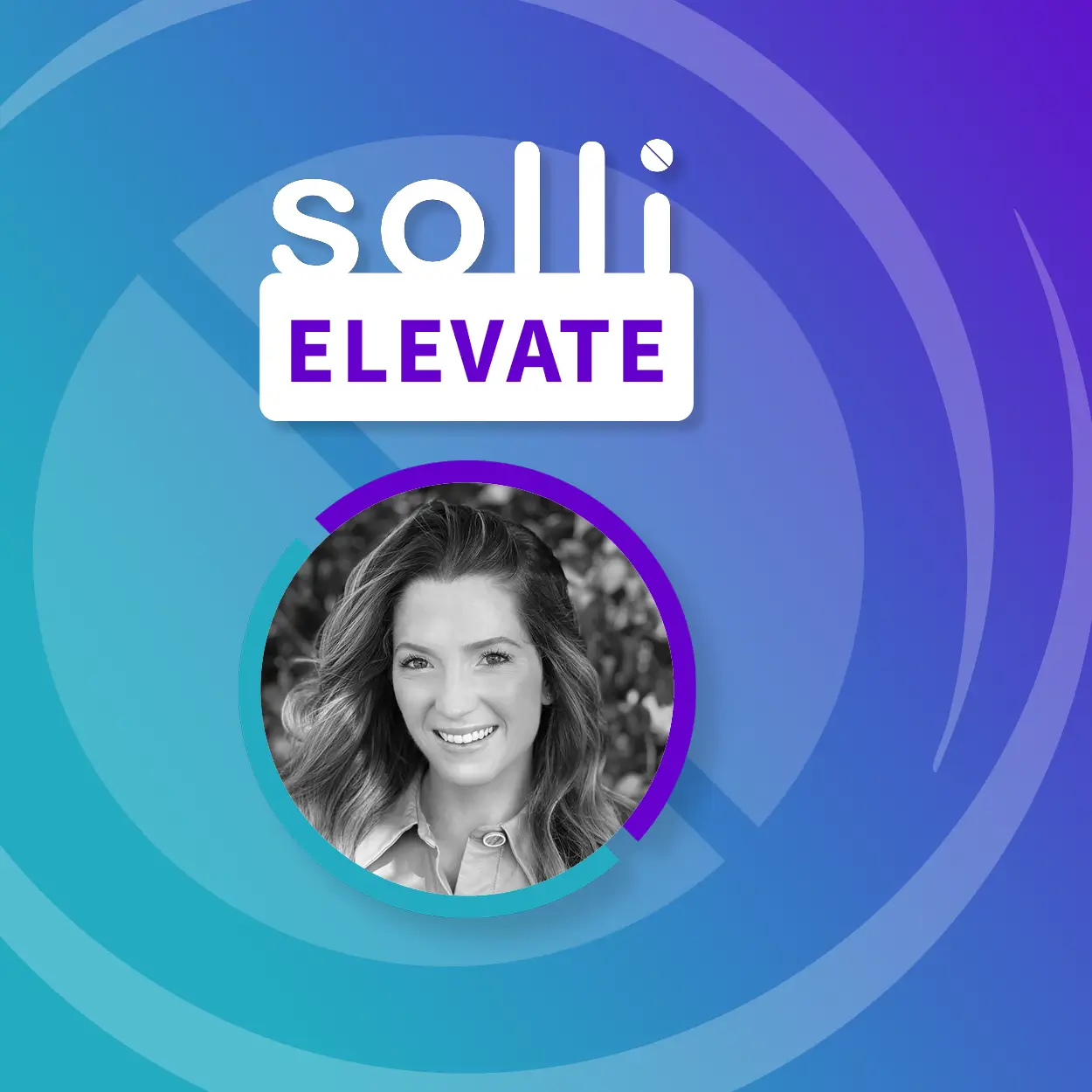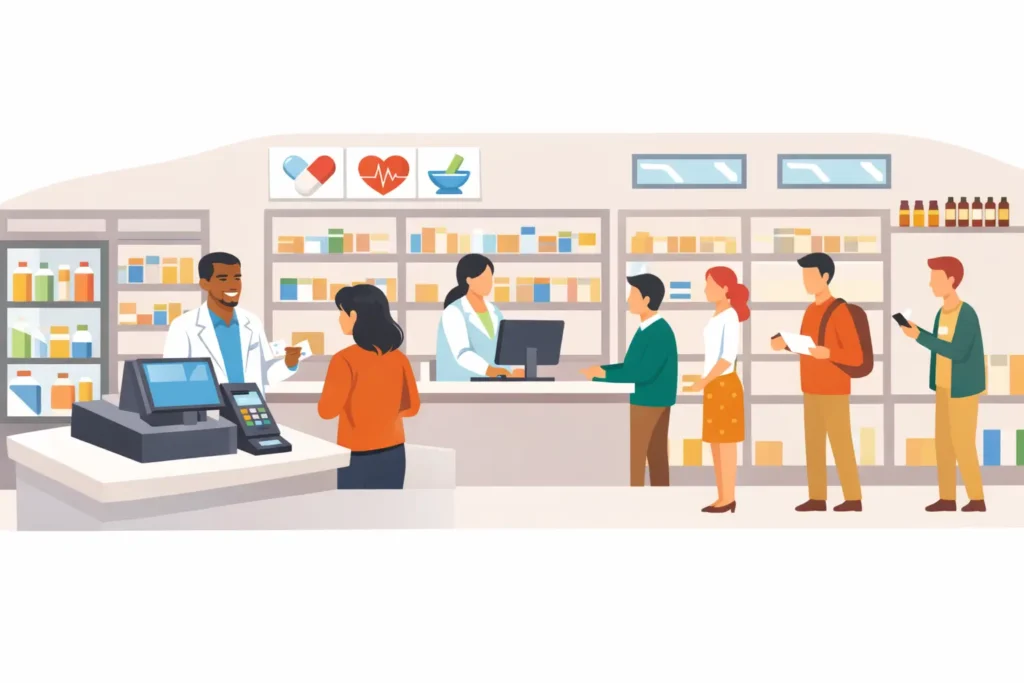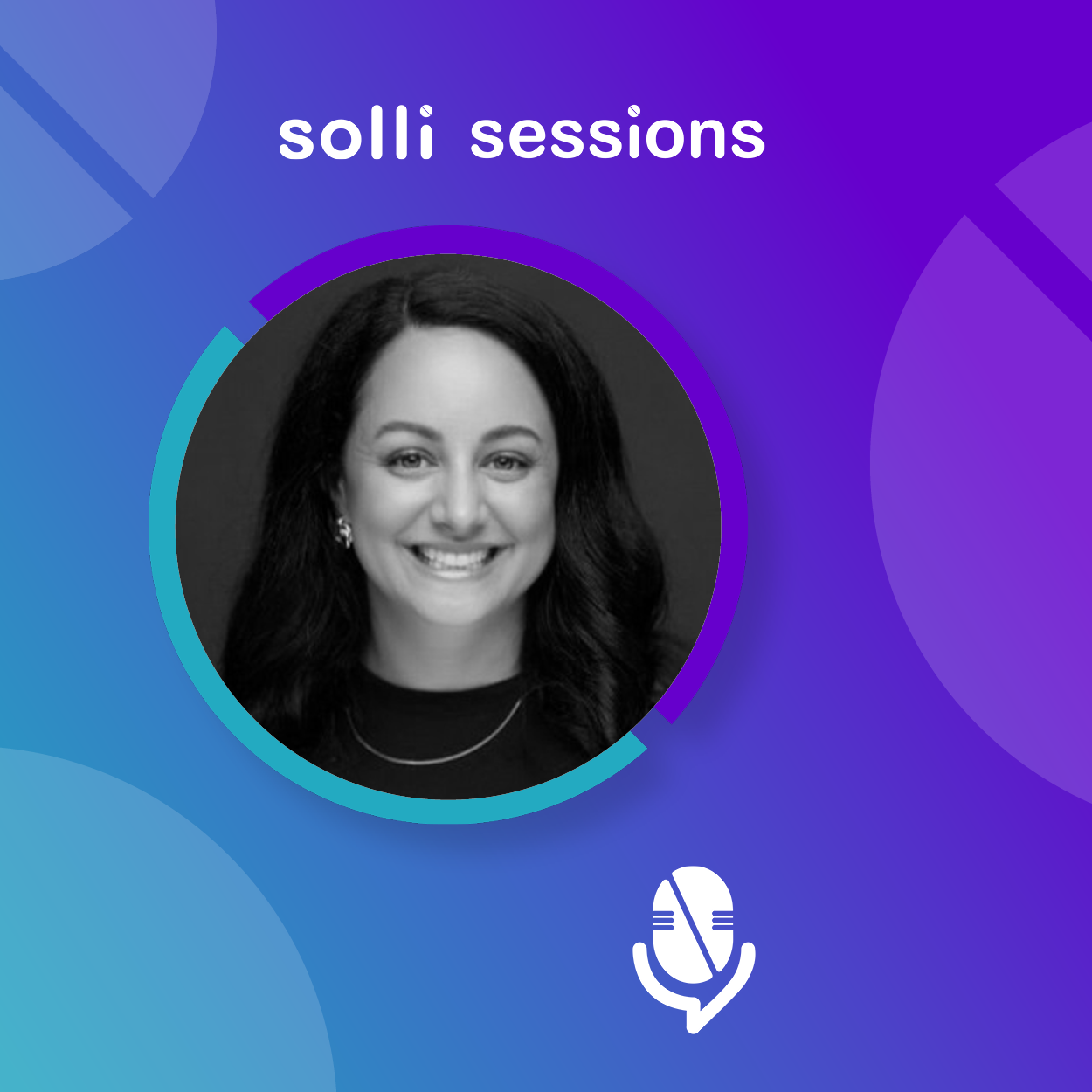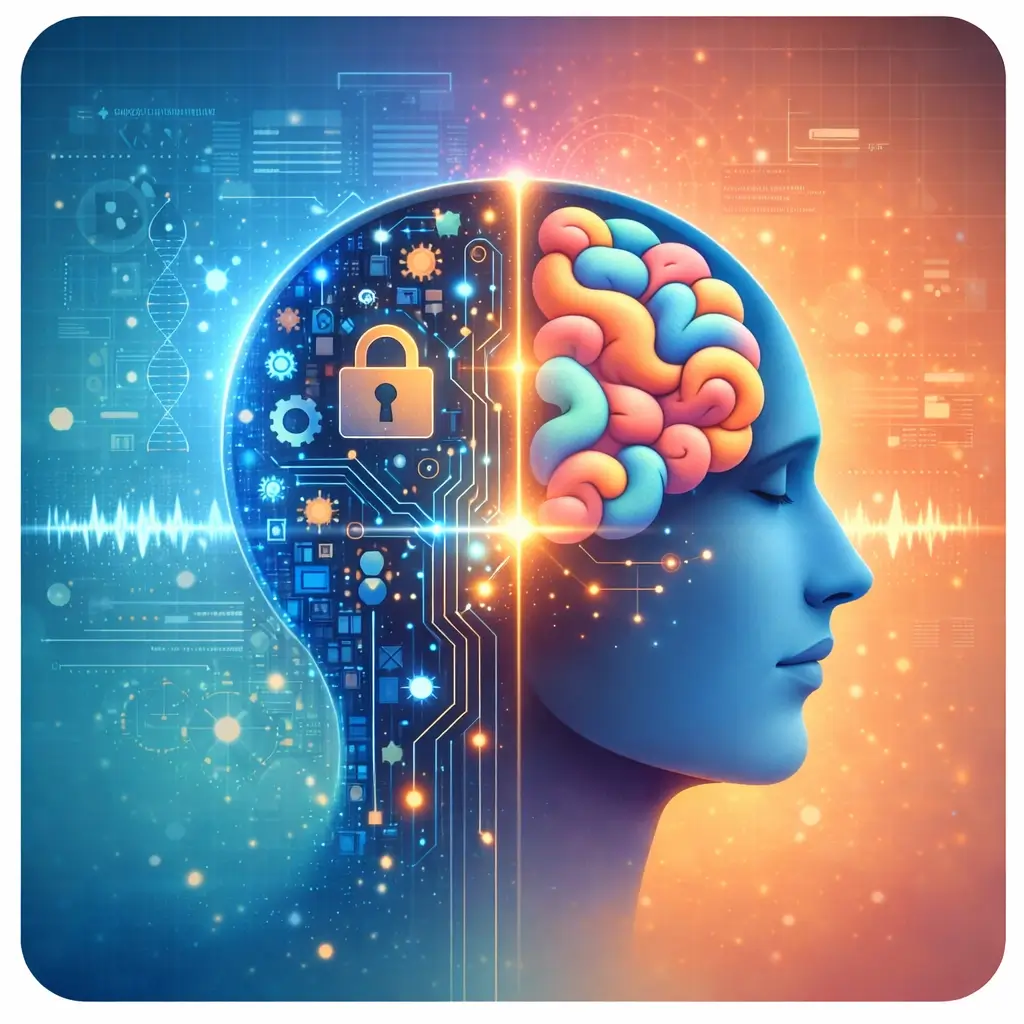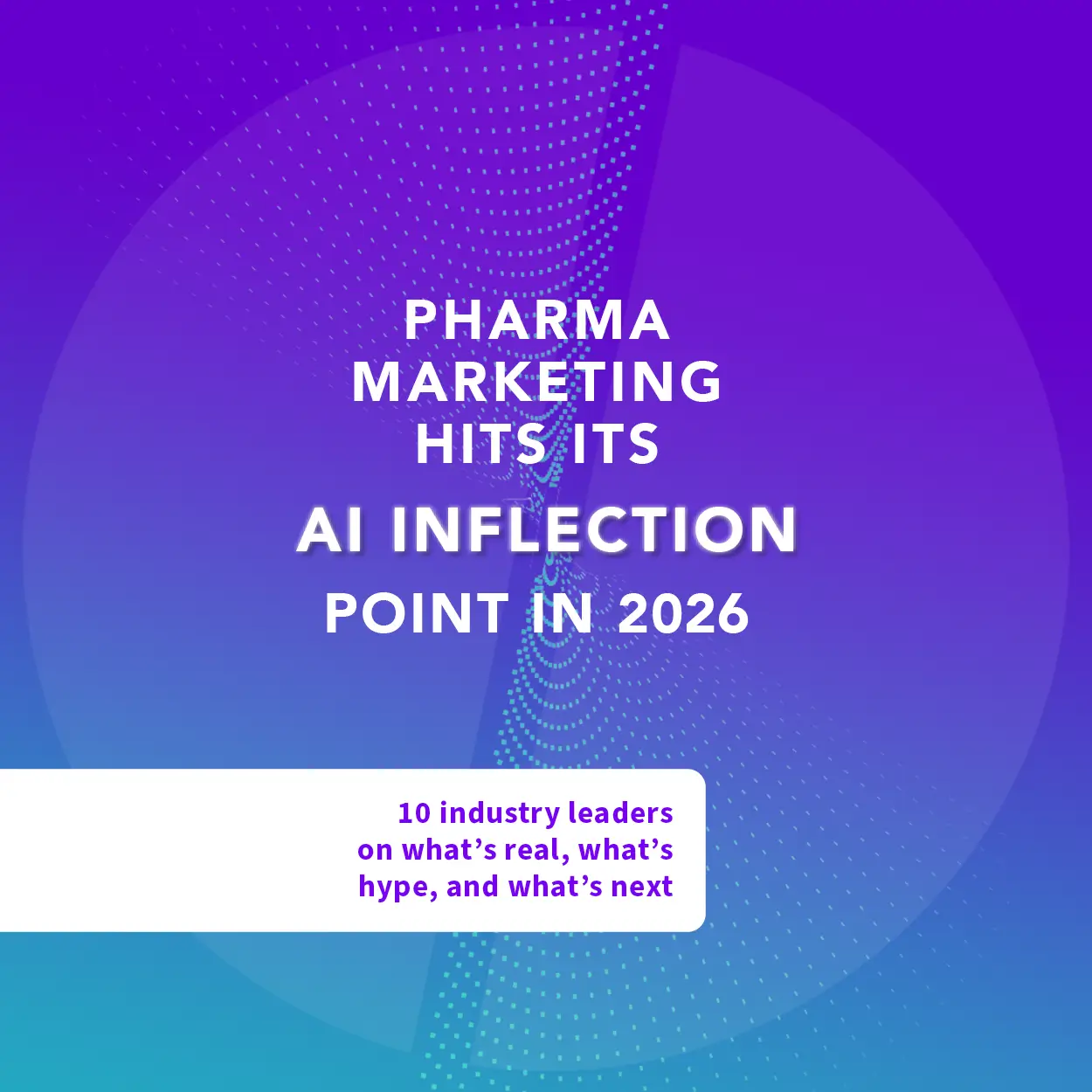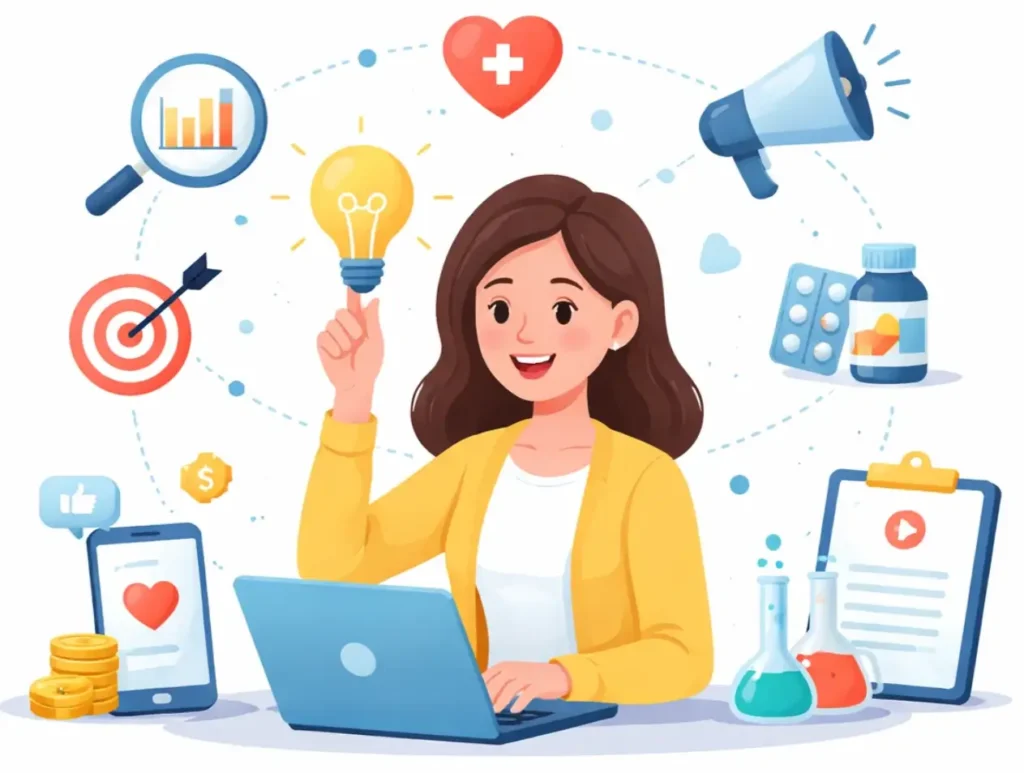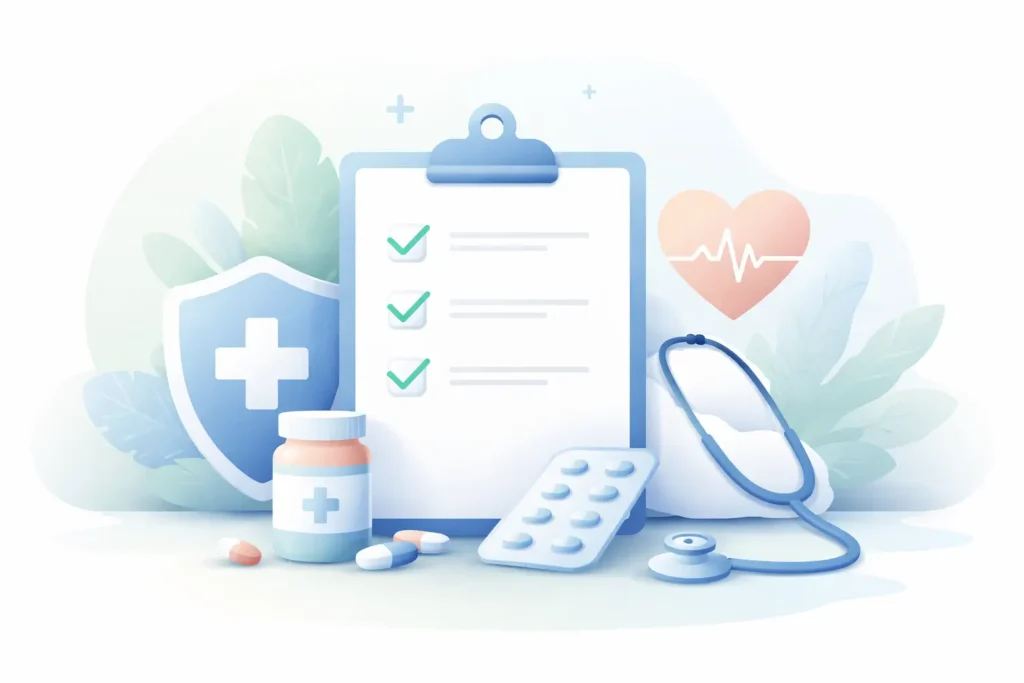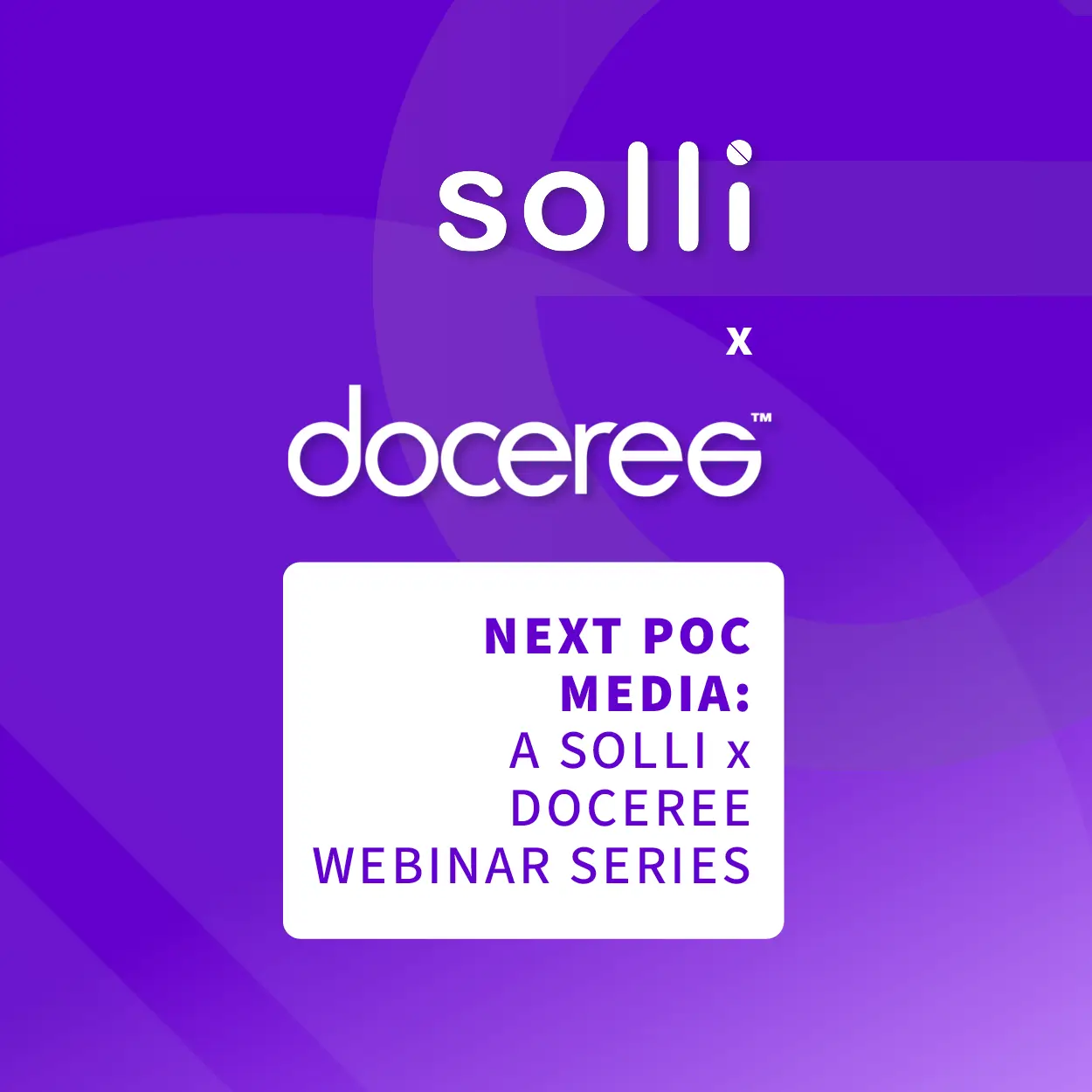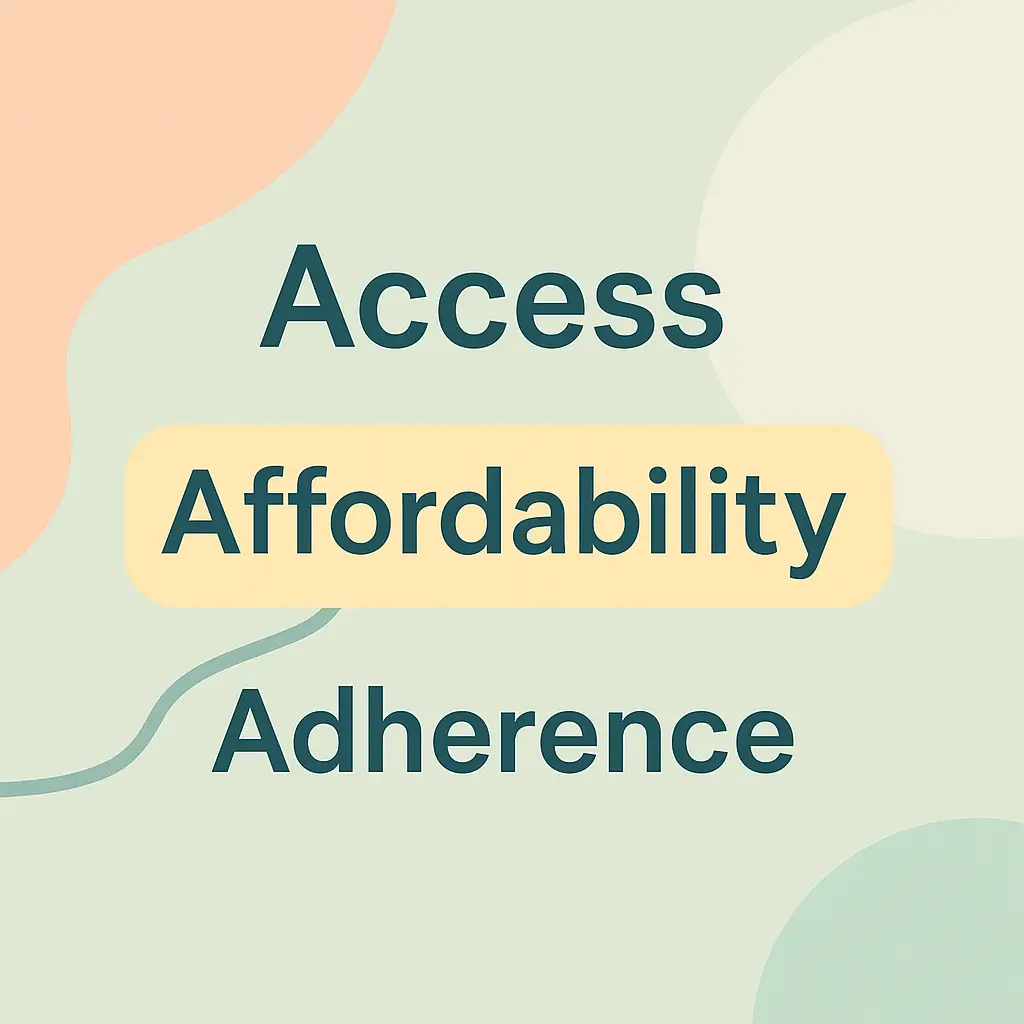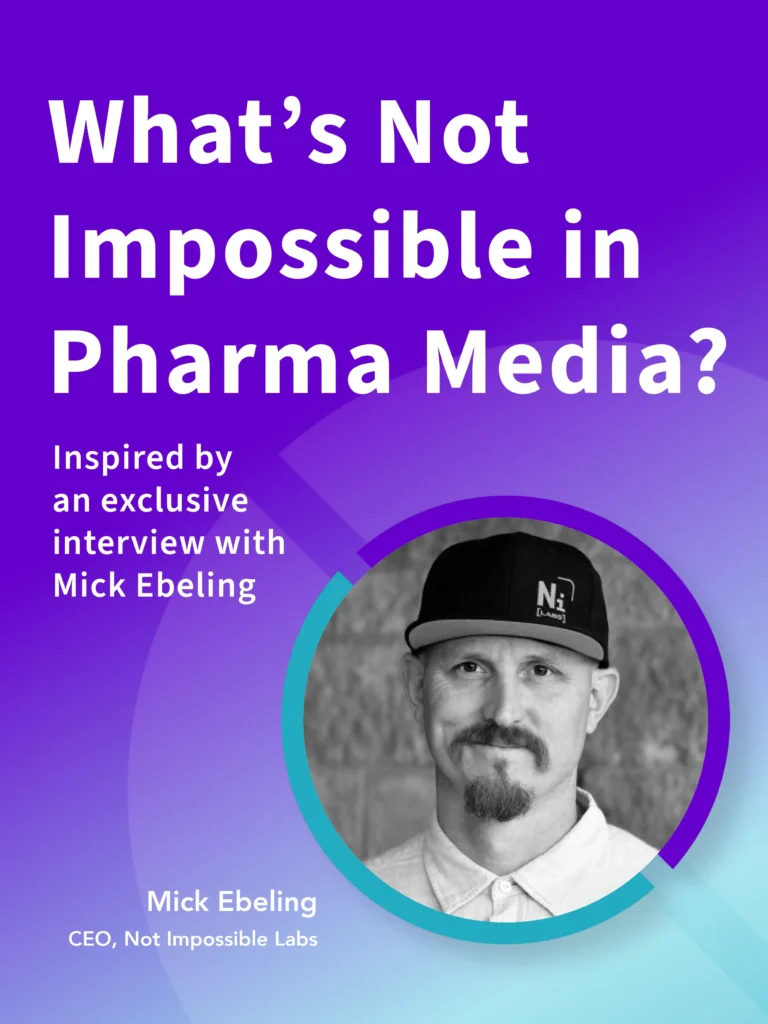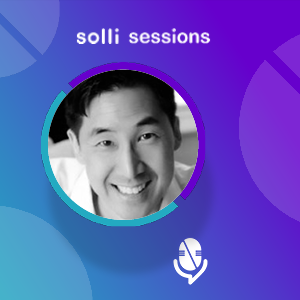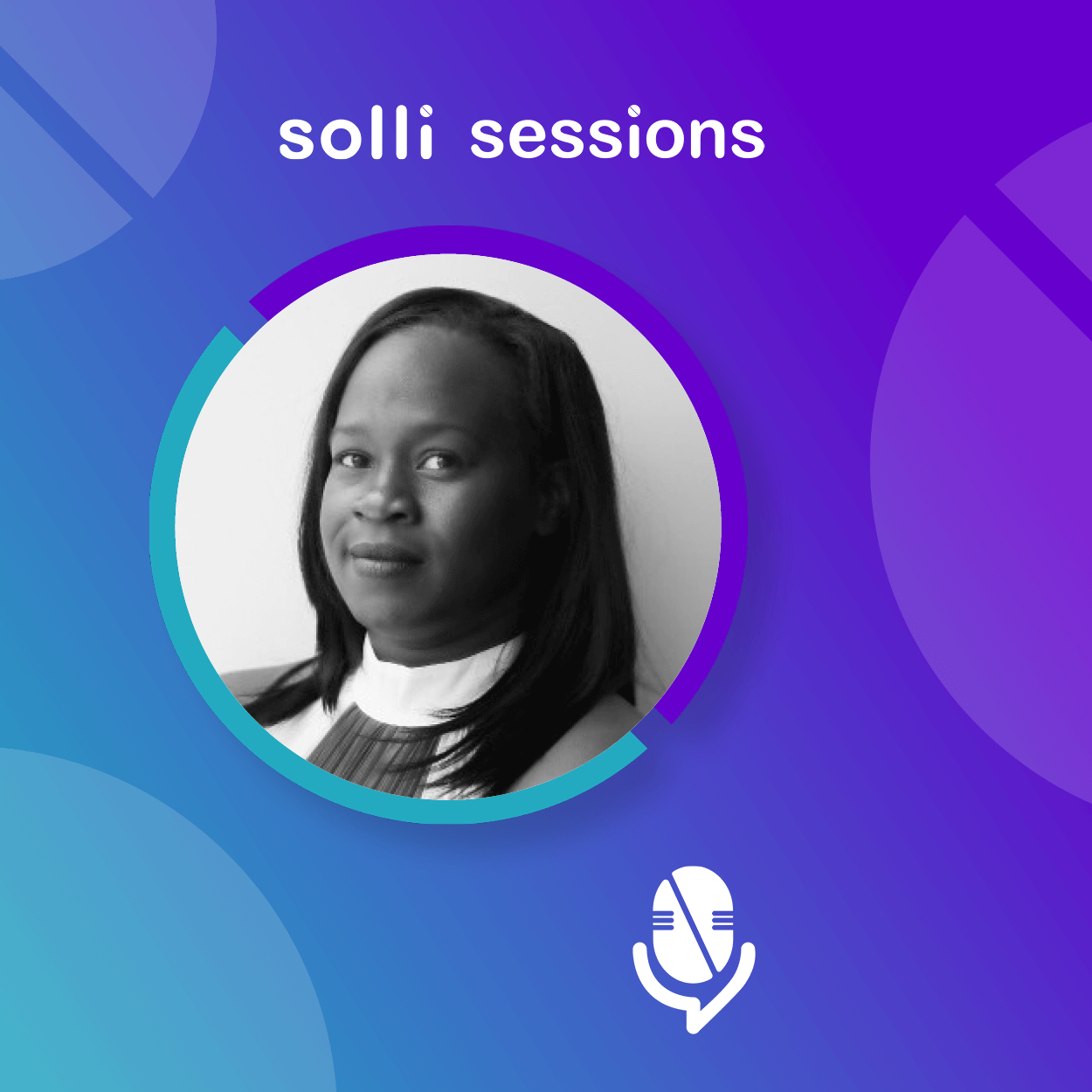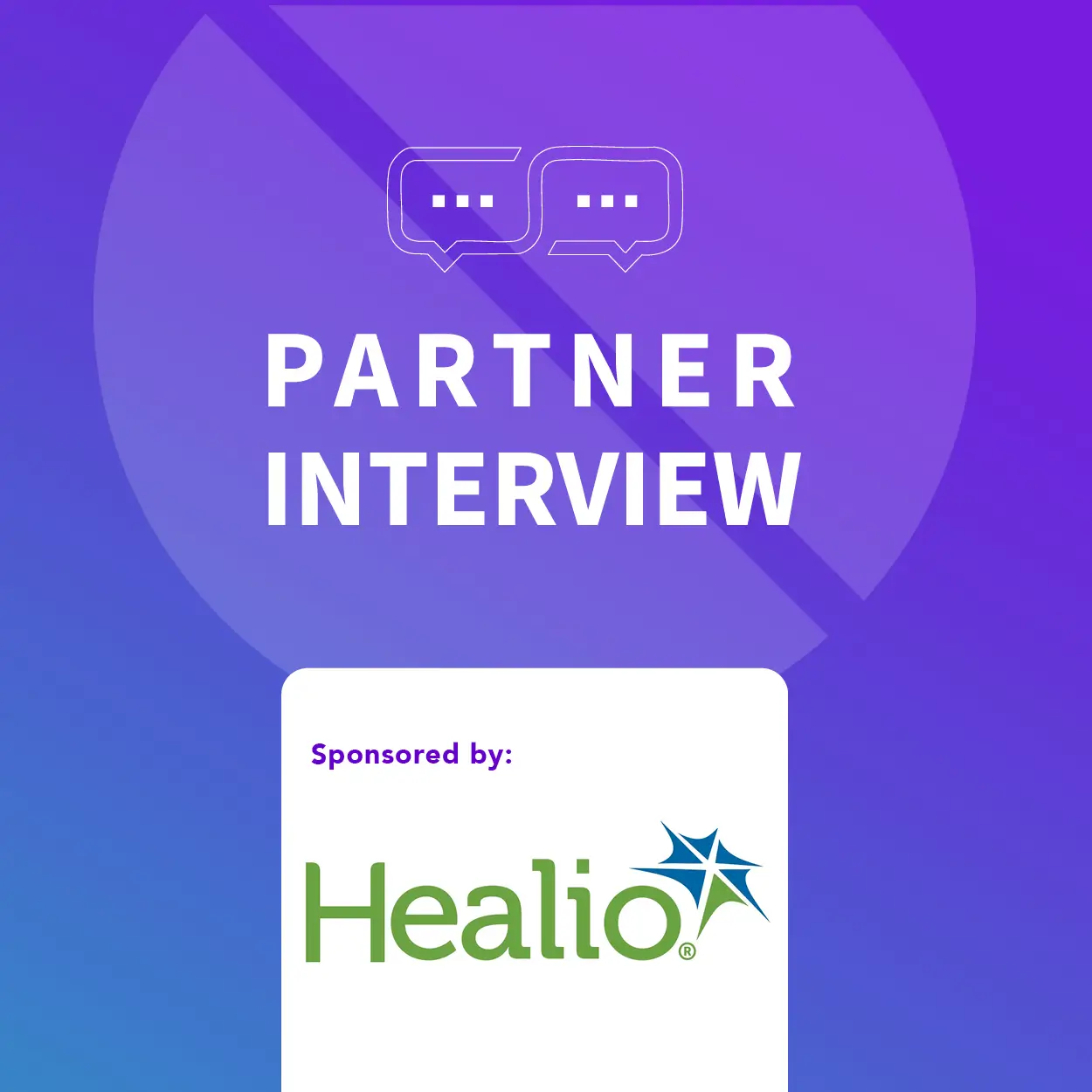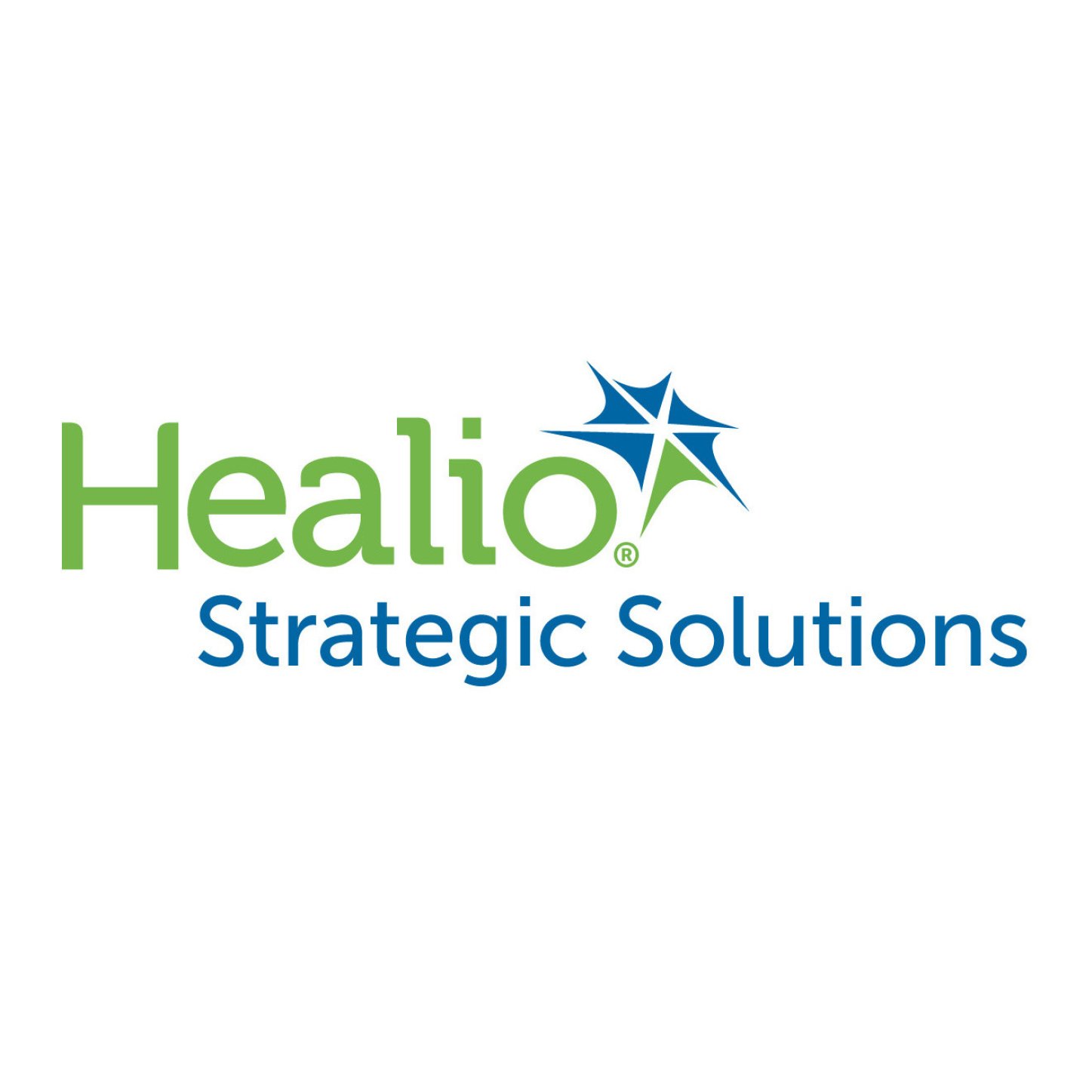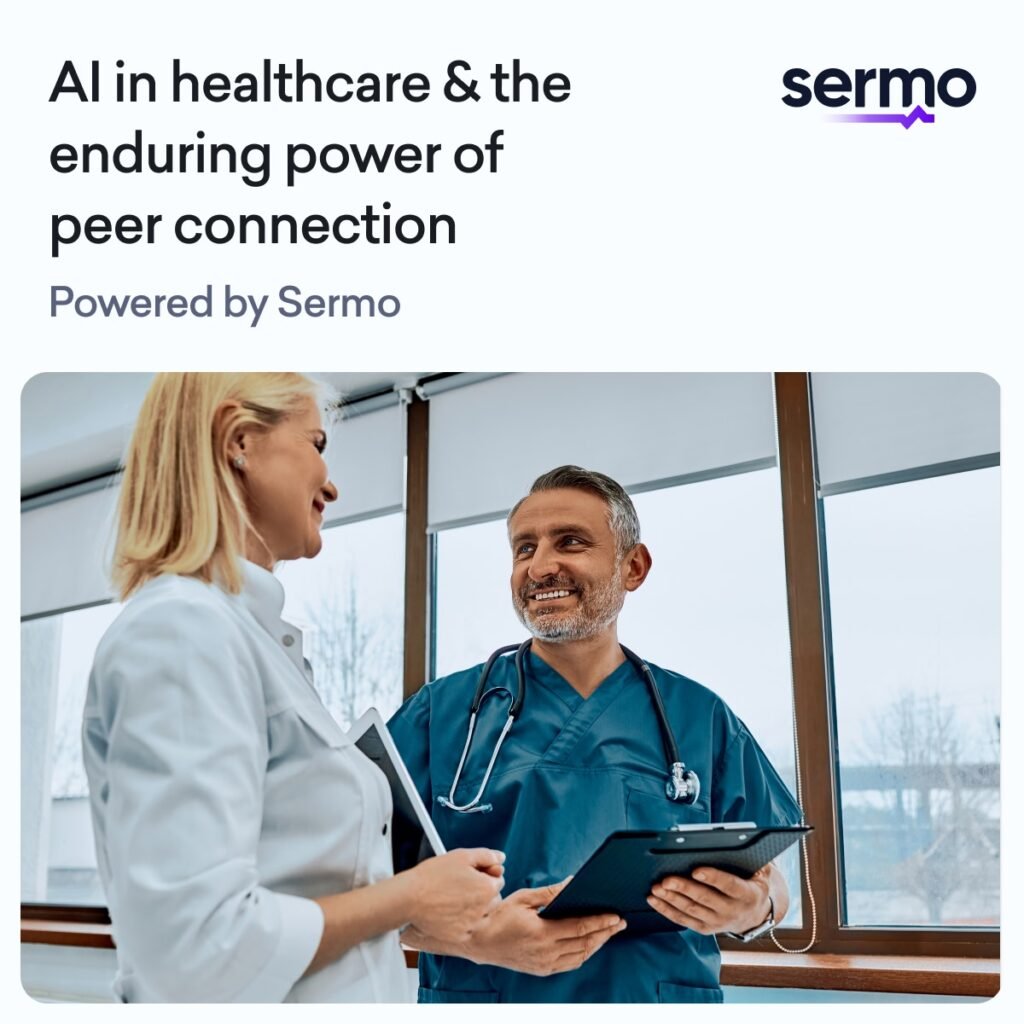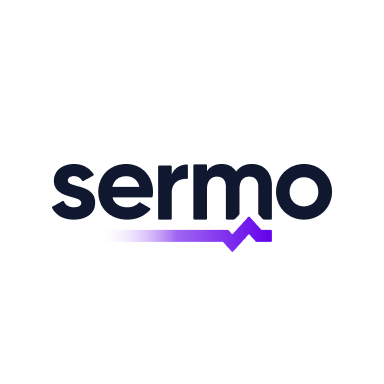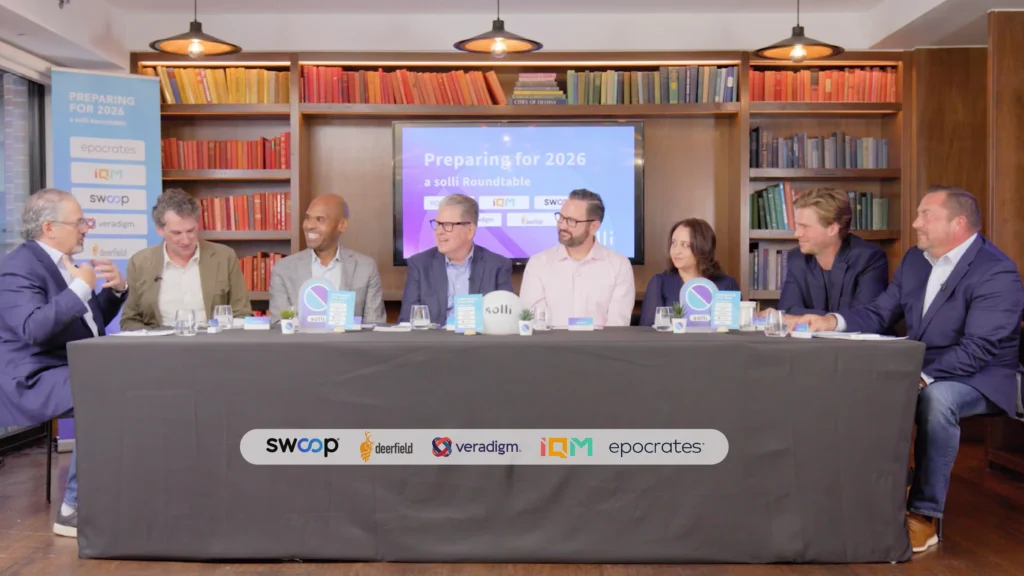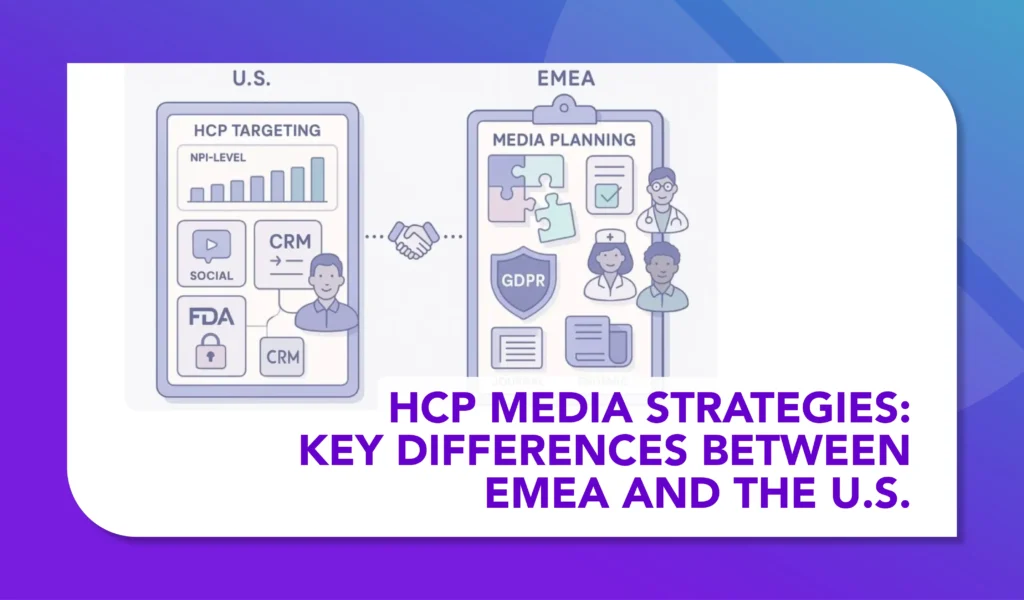ChatGPT Reportedly Hits 2.5 Billion Daily Prompts
Growing adoption of conversational AI raises new questions for pharma media discoverability, compliance, and campaign planning
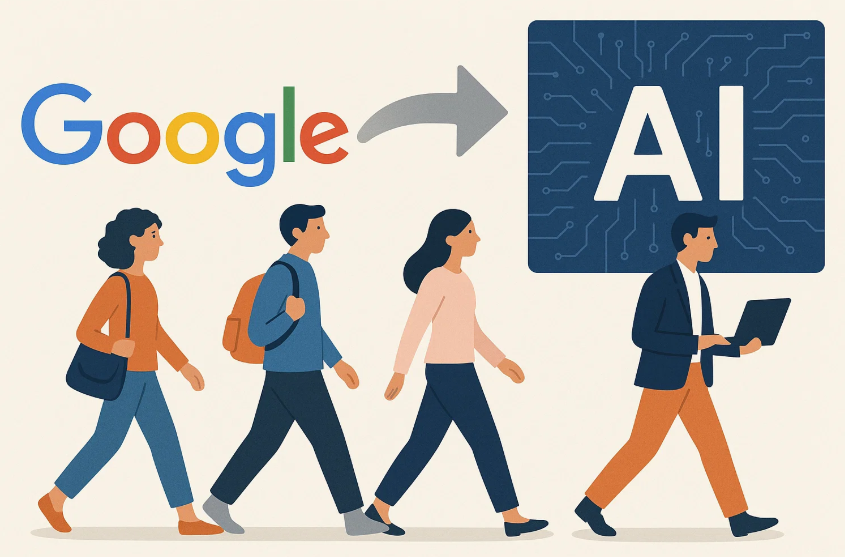
ChatGPT is now estimated to handle over 2.5 billion daily prompts, according to recent industry trackers. A sharp rise from approximately 1 billion daily queries at the end of 2024. U.S. usage alone is estimated at over 330 million prompts per day, prompting comparisons to Google, which reportedly sees around 14 billion daily searches.
While search engines remain dominant, the growing role of large language models (LLMs) in everyday information-seeking behavior could present new considerations for pharmaceutical marketers, publishers, and content teams.
Implications for pharma media
As more users turn to conversational interfaces to research health conditions, medications, or treatment options, the boundaries between search, content, and AI summaries are becoming less defined.
For healthcare media professionals, this trend may signal an emerging shift in how branded and educational content is surfaced, cited, and trusted.
Prompt-led discovery
Platforms like ChatGPT do not rely on direct indexing or link ranking. Instead, responses are generated using pre-trained models and user queries – reducing brand visibility unless content is accurately reflected in AI outputs.
Impacts on content strategy
Medical, branded, and unbranded content may need to evolve in structure, tone, and clarity to improve performance in AI-mediated environments. Optimization for traditional SEO may no longer guarantee visibility.
Compliance and attribution
As AI platforms generate summaries that reference – but do not always credit – source content, pharma media teams face challenges in ensuring regulatory compliance, accuracy, and control over messaging.
Questions from solli
- How should pharma brands adjust content strategies to remain visible and credible in AI-driven search environments?
- What regulatory considerations emerge when brand content is paraphrased by third-party platforms?
- Can prompt-driven search be incorporated into omnichannel planning, or will it remain a separate channel of influence?

